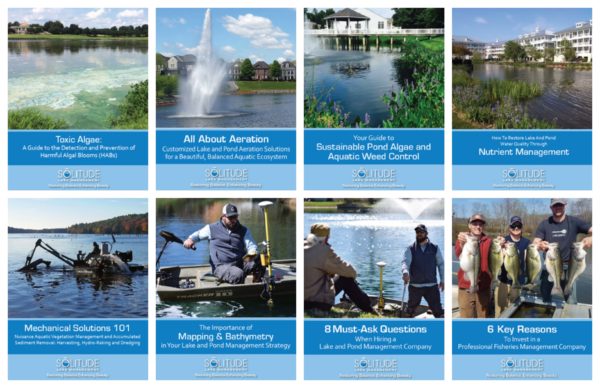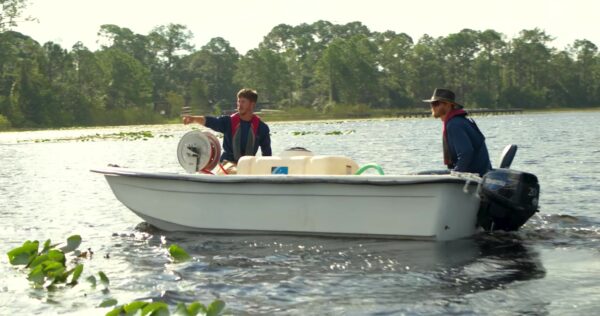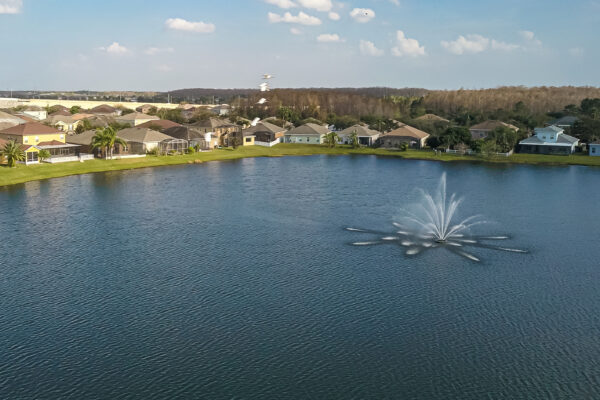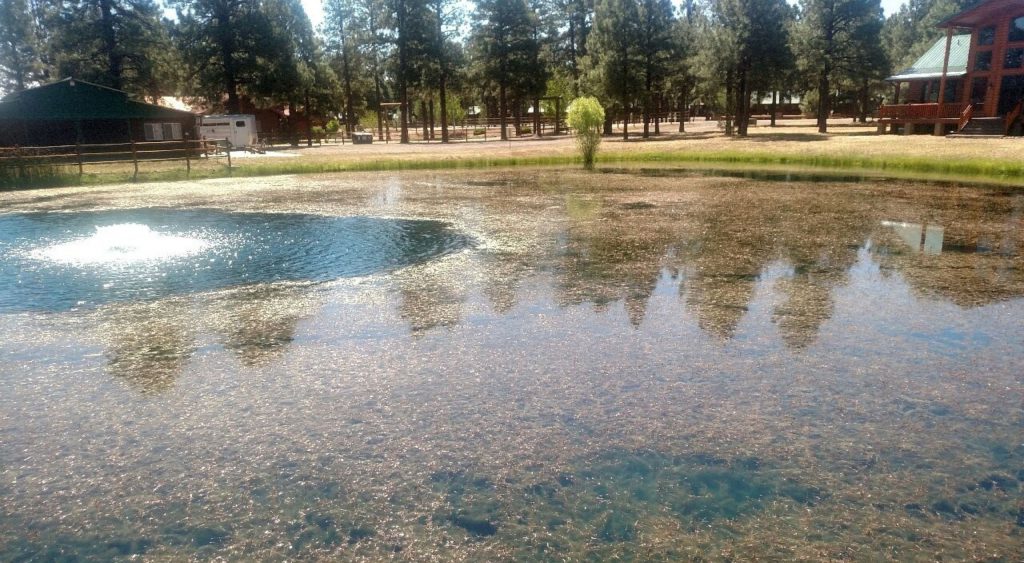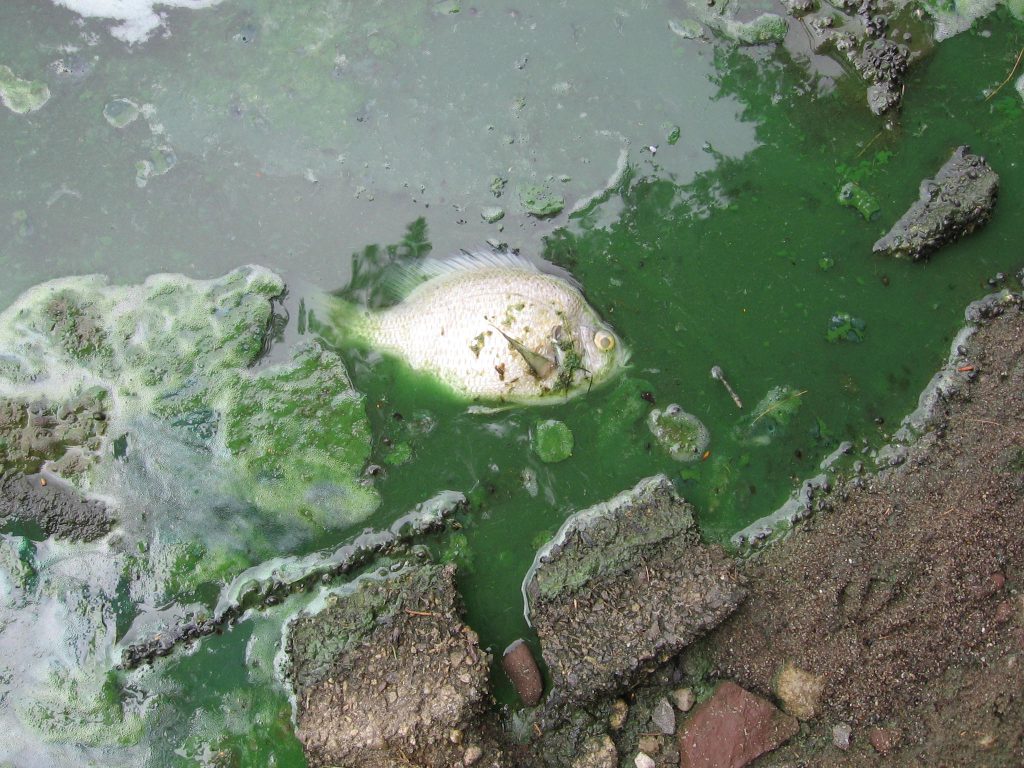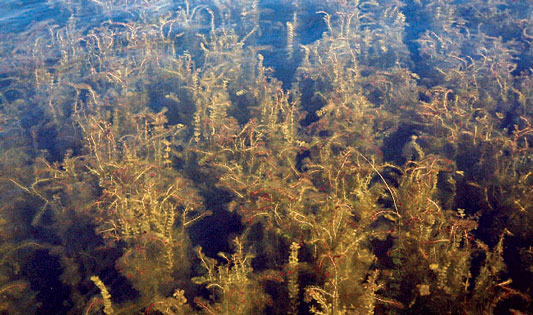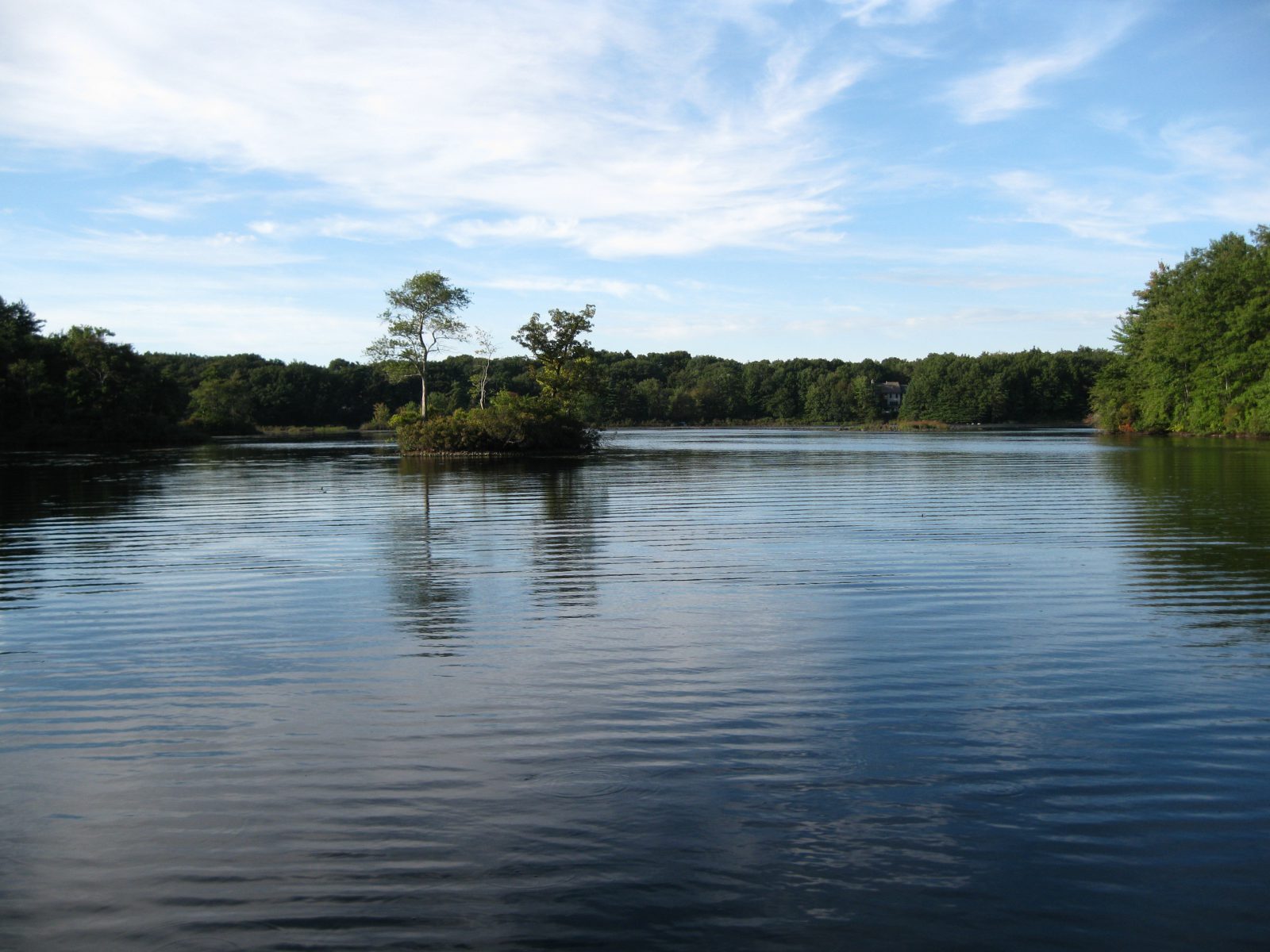
Success Stories and Case Studies | Reservoir Management
Keeping your lakes, ponds and fisheries ecologically balanced and looking beautiful isn’t a one-time job. It requires consistent care by highly trained lake management professionals. If you wait until a problem reveals itself to take action, chances are you’ll always be playing catch-up, which is why SOLitude believes in proactive management plans to help keep water quality issues from occurring.
Below are case studies highlighting a few of our success stories involving reservoir management.
Milfoil Control in Drinking Water Reservoir
In 2019, SOLitude Lake Management was awarded the contract for a one-time treatment for a Colorado city’s 30-surface-acre back-up drinking water reservoir. The reservoir contacted SOLitude Lake Management with concerns of overabundant aquatic vegetation growth. After the initial site visit, the plant causing concerns within the resource was identified as Milfoil. The client was mainly concerned with their pumps being clogged with the vegetation and limited fishing access for the public.
Case Study: Managing Toxic Algae in Drinking Water Reservoir
A large lake located in Auburn, ME, is used for recreational fishing and boating and is highly valued as the water supply source for several nearby cities.
In recent years, the lake has been periodically plagued with algae and cyanobacteria blooms, posing a multitude of problems. These blooms are fueled by excess phosphorus from runoff and lake sediments, which is the limiting nutrient for cyanobacteria species. The coldwater fishery of this lake suffers greatly as these blooms can deplete oxygen rapidly at the lake bottom and cause fish kills.
Case Study: Aquatic Weed & Algae Control
This lake is public aquatic resource about 30-acres in size and is used for a variety of non-motorized recreational activities. The resource is popular for Northern Pike, stocked Rainbow Trout, and Largemouth Bass fishing. Monument Lake is fed from two separate natural streams Monument Creek and Crystal Creek.
The goal was to control the invasive species of milfoil found in approximately 10 acres of the lake and to restore recreational access.



